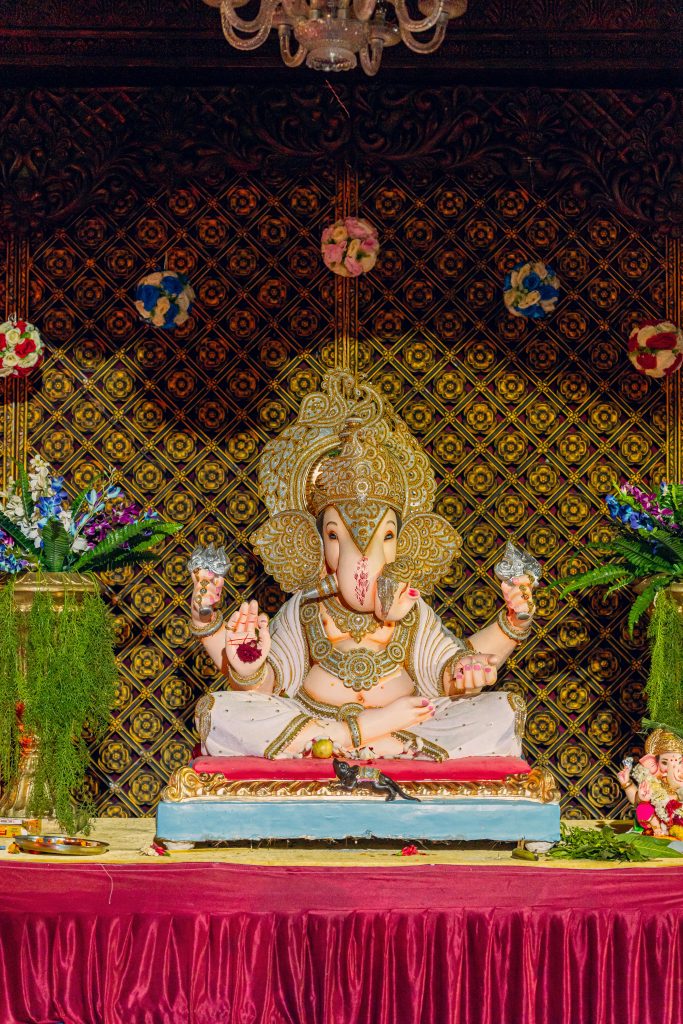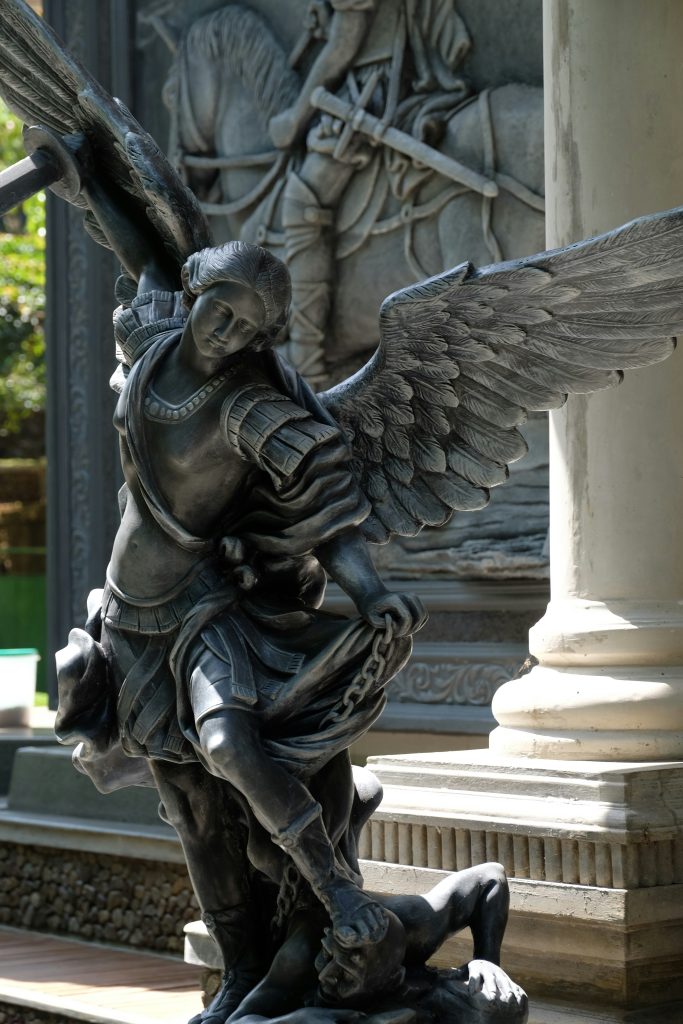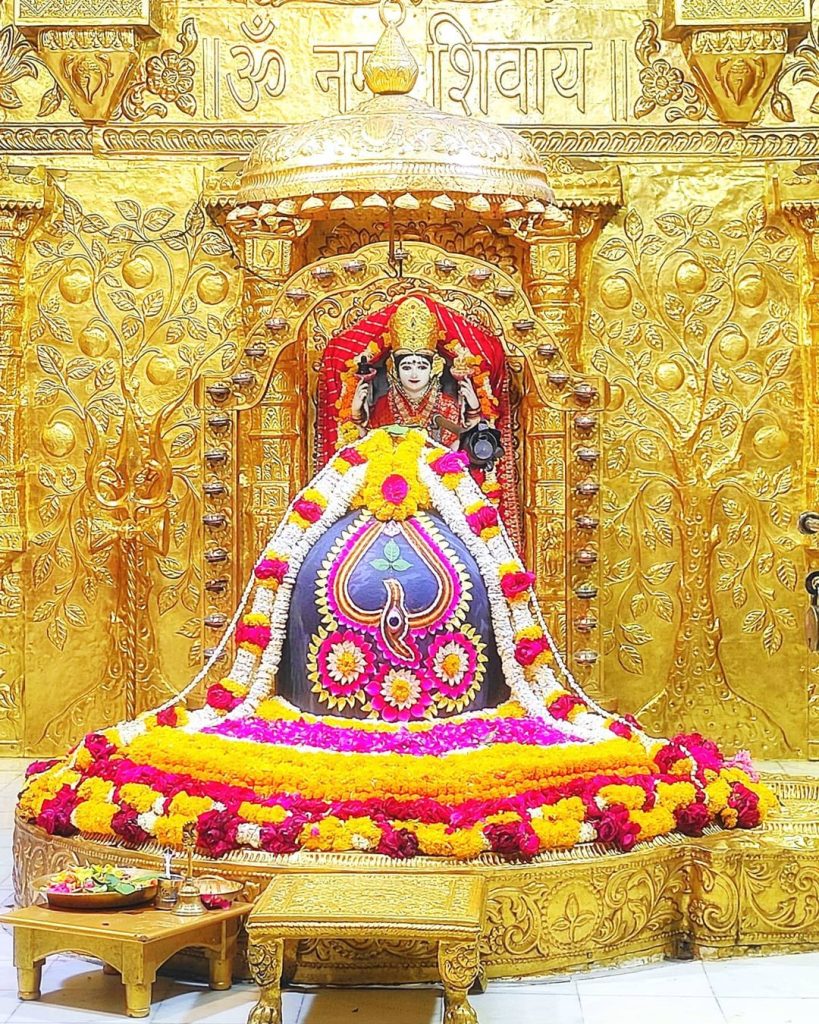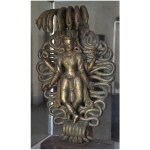Now Reading: Shesha: The Cosmic Serpent of Thousand Hoods Weaving Tales through Time
-
01
Shesha: The Cosmic Serpent of Thousand Hoods Weaving Tales through Time
Shesha: The Cosmic Serpent of Thousand Hoods Weaving Tales through Time
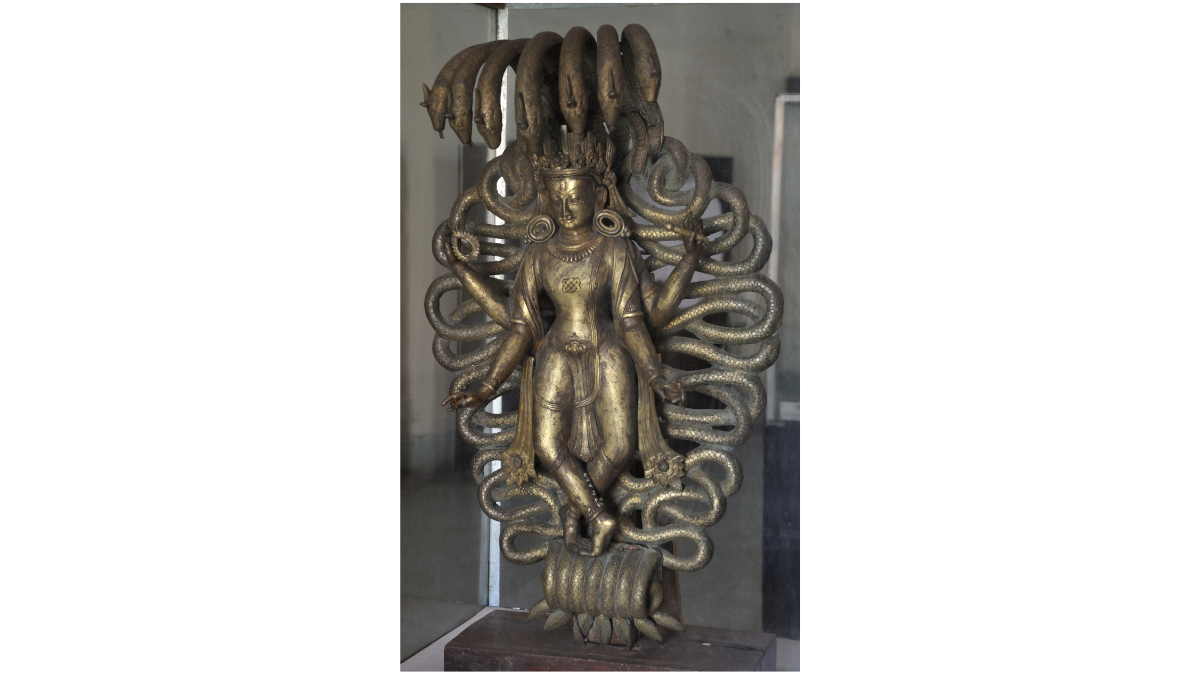
In the shadow of its hoods, sage Patanjali, believed to be an incarnation of Shesha, gifted humanity the knowledge of yoga, a pathway to harmonizing the human spirit with the cosmic rhythm, a legacy of wisdom interwoven with the serpent’s eternal journey through the spirals of time.
In Indian festivals, particularly during Nag Panchami, Shesha is venerated with deep devotion, a day when the serpent’s guardianship of the earth’s waters and its foundational role in supporting the planets are celebrated with offerings of milk and flowers, a symbiotic ritual connecting humans with the divine through gestures of gratitude and reverence.
Shesha, the thousand-hooded serpent, spirals through the ancient scripts as a being of unparalleled grandeur, a cosmic serpent weaving tales of eternity, a guardian of worlds, a symbol of the infinite potential that exists when stability and creativity dance in harmony, holding the fabric of the universe in a steady, yet ever-evolving embrace, reverberating with the silent song of the cosmos, resounding through time, singing the story of all that was, is, and ever will be.












